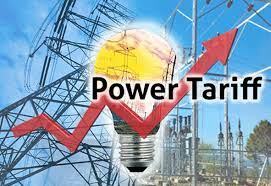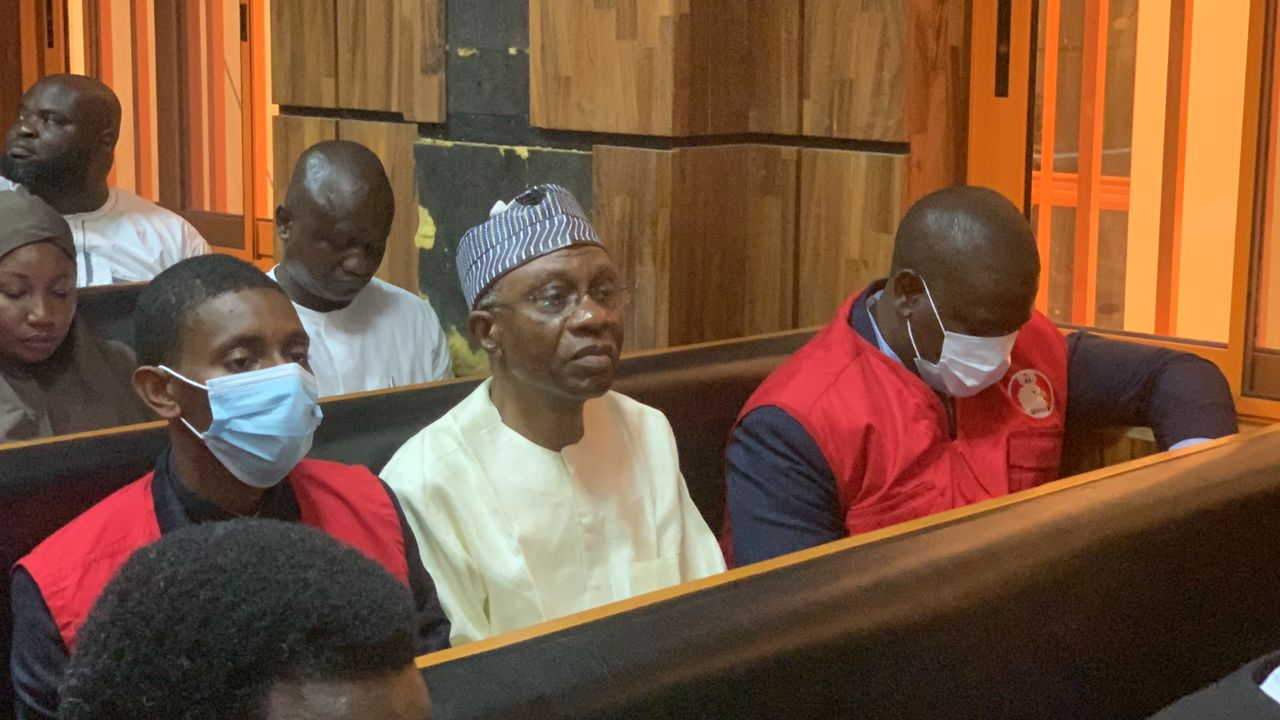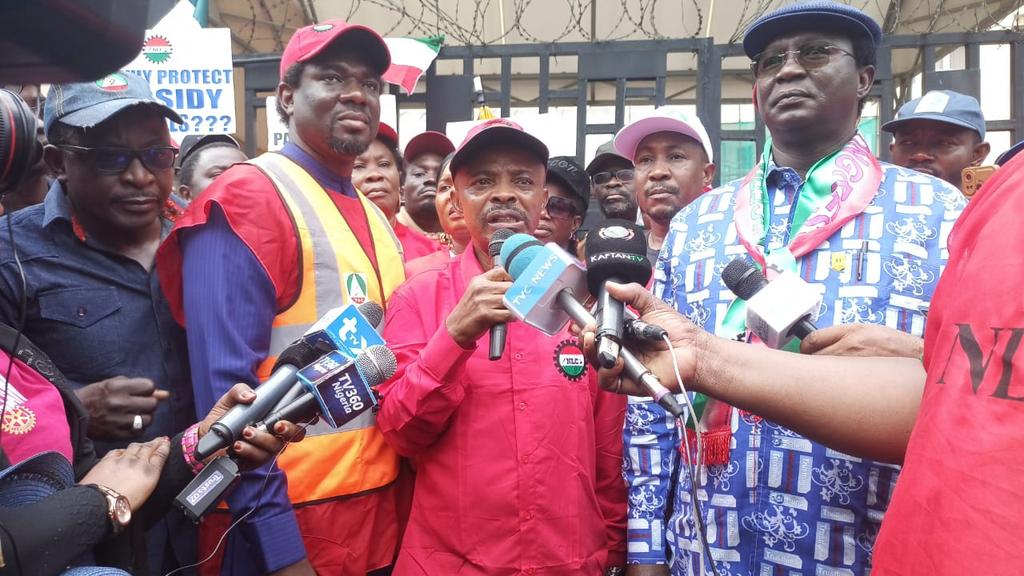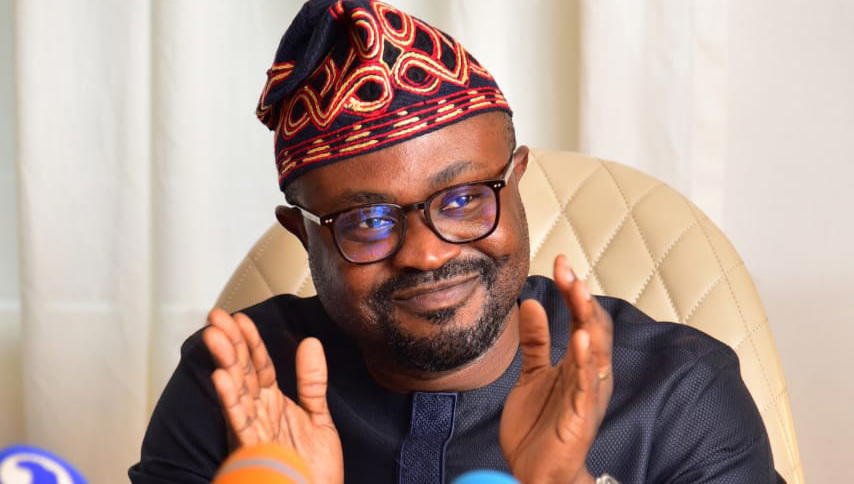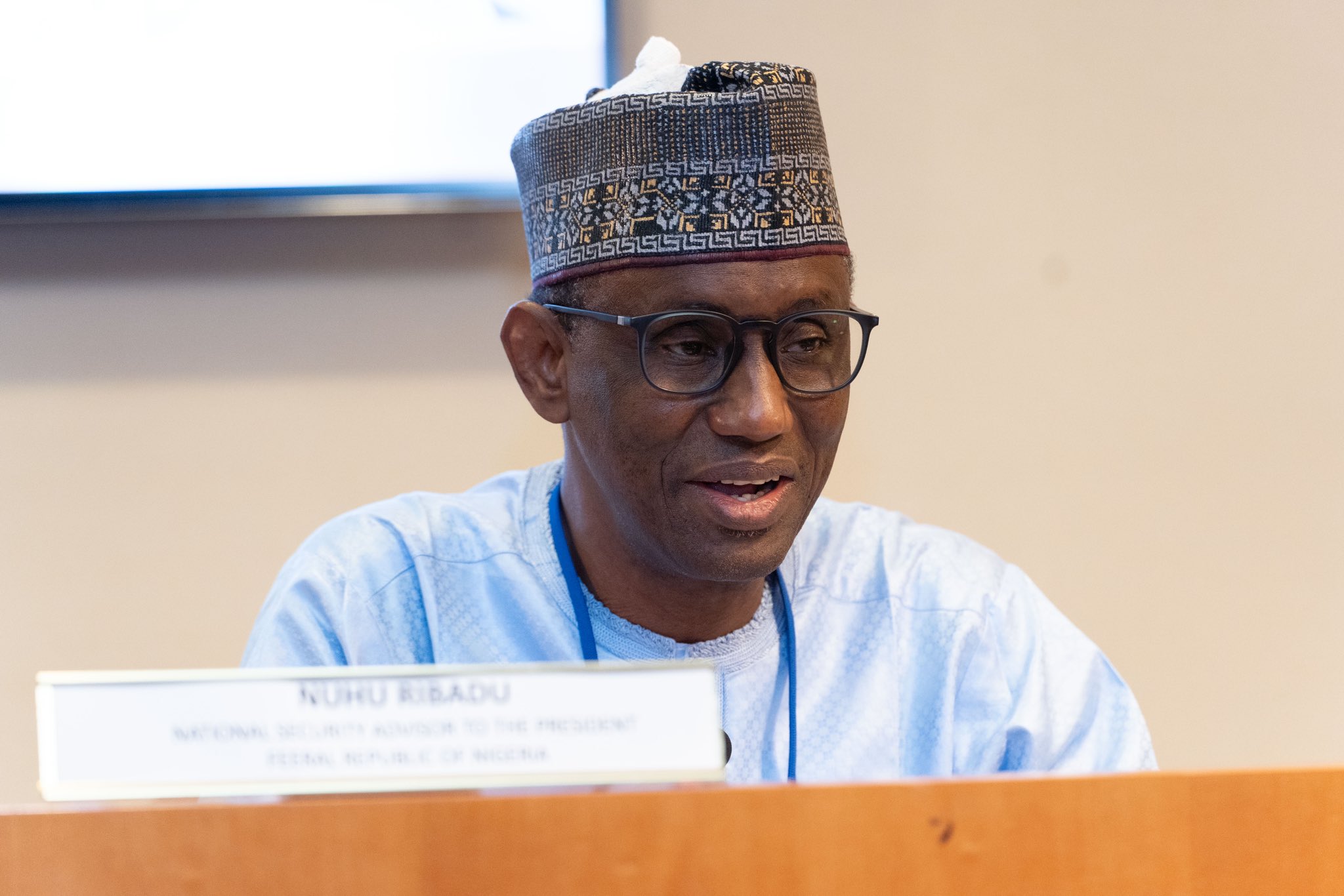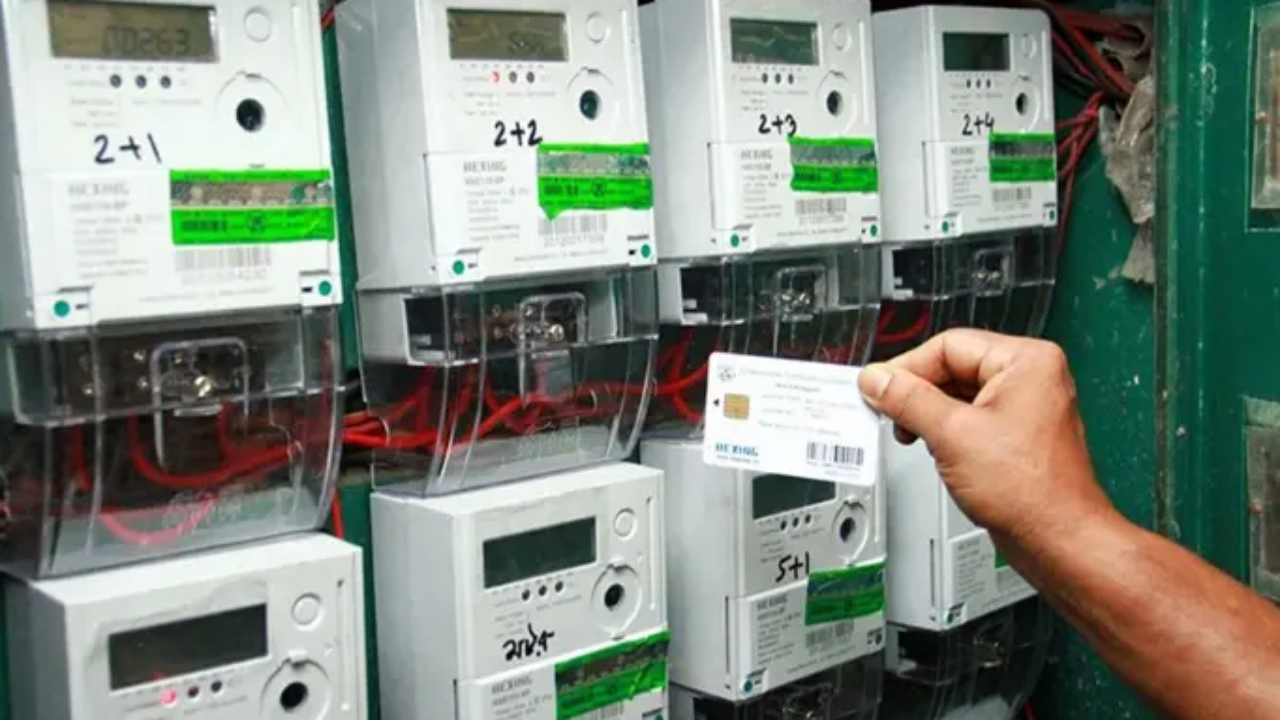The world Bank report on macro poverty Outlook for Nigeria presented for April 2024 has revealed that raising inflation, weak earning have thrown 10 million more Nigerians into abject poverty in 2023. The reported revealed that “Nominal earnings have not kept up with inflation, pushing another 10 million Nigerians into poverty in 2023” saying that a grim reality where earnings have drastically lagged behind, pushing inflation upwards, wan rendering the economic growth of the country insufficient to improve the living standard of its citizenry.
According the World Bank statistic, the rate of poverty in Nigeria has escalated to a shocking level across the entire economic brim, which the international poverty rate has pegged Nigeria at $2.15 per day, which stands at 30.9%.
The report said, “More distressingly, the lower middle-income poverty threshold of $3.65 per day shows that 63.5 per cent of the population lives in poverty, while a staggering 90.8 per cent fall below the upper middle-income poverty line of 6.85 per day.”
The World Bank report has blamed the situation to some factors like weak macroeconomic fundamentals and deep-seated structural constraints. Especially dependency of the oil has been identified as the leading factor couple with the fact that the sector is gradually sliding backwards has resulted in eroding macroeconomic stability.
Low state revenue which subsidy removal was responsible, ineffective tax rate and insufficient tax administration are all responsible for the failure of the government to negate in its responsibility.
The country low energy supply, limited infrastructure for transport, high cost of both domestic and foreign trade with low human capital development are another dimension to the poverty figure.
The report was quoted as, “Nigeria’s economic growth has been insufficient to raise living standard, weighed down by the weak macroeconomic fundamentals and several structural constraints, over reliance on the oil sector for fiscal revenues, export, and FX inflows led macro stability to erode with the sector’s deteriorating performance in recent years. Low revenues – including due to costly fuel subsidy, low tax rate, and weak tax administration –have limited state capacity and public service delivery.”
The report continued, “inflation has remain high and escalating on the back of a relatively loose monetary policy and exchange rate depreciation, structural factors holding back the country growth potential include lack of adequate energy and Transport infrastructure, high domestic trade cost and foreign trade protectionism, wide spread insecurity, weak institution, and low level of human capital Development.”
The World Bank has called for a critical need for deliberate reforms that will be centred around the macroeconomics and stabilization of economic forecast project to and average growth of 3.5 percent between 2024 to 2026 which is believed to have outpaced the marginal population growth rate that is 0.9 percent point.
When implemented successfully, it is believed it will drive the stabilization of the macroeconomics condition with gradual recovery of the non-oil sector.
Despite the report, the future is still bleak as the condition is expected to go worst in the year 2024 to 2025 before it might bounce back in 2026.
However, Minister of Finance and coordinating Minister of Economy, Wale Edun has assured the international community that the government is tirelessly working towards attracting a foreign direct investment.
Edun said, “bold courageous and strategic reforms” as being implemented b the president Tinubu administration is positioned to achieve a dual objective, i.e stabilising the economy and attracting a foreign direct investment.
The minister added, for now, the priority is to slow down food inflation in the country and which he said is yielding result.
Alongside the minister was the permanent secretary of the Ministry of Finance, Mrs Lydia Shehu Jafiya, the Governor of the central Bank of Nigeria, CBN, Olayemi Cardoso and other key officials, who are determine to collaborate with the world bank to rescue the country economy.










